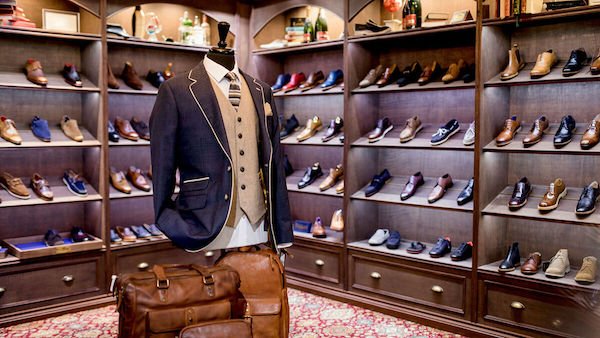Web intelligence technology is fighting back against counterfeiter goods
Scraping technology can identify online infringement of brands, patents, copyrights, and products, says web intelligence provider Oxylabs.
In recent years, luxury goods sales have skyrocketed, but counterfeits have expanded even faster, surging by 10,000% in the last two decades. It’s now estimated that 80% of consumers have dealt with counterfeit or fraudulent items and, according to the U.S. Chamber of Commerce, over $500 billion is lost annually due to the sale of counterfeit goods. Worryingly, pirated and counterfeit goods make up 5% of EU imports, putting the region ahead of many others, making fraudulent items highly influential on the economy. But how can this be overcome?
Researchers have identified that it is possible to use AI to identify fake products through images and text. These images and text may be sourced from the web through automation via processes such as web scraping. The combination of AI and web scraping allows businesses to identify counterfeits accurately and rapidly, by comparing them to previously known examples of original or counterfeited goods.
Aleksandras Šulženko, Product Owner at Oxylabs, said, “Automating the gathering of hard-to-collect web data enables companies to take legal action against sellers of counterfeit goods more efficiently than ever before, while also reducing costs associated with traditional manual data collection processes.
“Counterfeit goods are often found either through running searches on web search engines with keywords or through capturing all product data on a given marketplace and analysing it. Web scraping can help gather this data within minutes and help companies find counterfeited goods.”
Additionally, web crawlers navigate pages by using links between them and capturing information on the pages visited, enabling businesses to maintain a strong brand presence online. Basic web crawler usage strategies for brand protection include locating listings on search engines, crawling specific ecommerce sites and reverse image searching, all of which increase the likelihood of discovering counterfeit goods listings.
Šulženko continued: “The advanced web intelligence technology allows businesses to fetch structured data from any ecommerce site, finding out who, where and for how much they are selling their goods. As a result, companies protect their brand image while earning more revenue by avoiding counterfeit goods sales and steering buyers to genuine items.
“In the past year, we have seen a pandemic-fuelled rise in counterfeiting, with Coca-Cola’s recent 20,000 Mexican counterfeit product seizure being a prime example. Tools are readily available for businesses to create in-house web data-gathering solutions that can monitor for counterfeiters. AI and web scraping technologies allow online retailers to have anti-counterfeiting technology, increasing the efficiency of searches for forged goods”, Šulženko concluded.



